Are the high temps hurting melons?
cole_robbie
11 years ago
Related Stories

WINE CELLARSWine Storage for the Rest of Us
No room or budget for a wine cellar? Borrow from these simpler decorative storage ideas
Full Story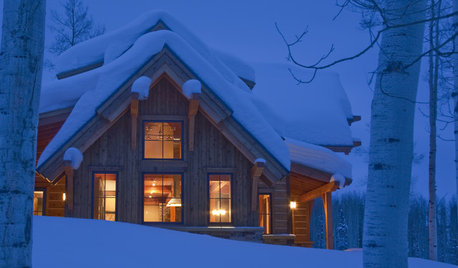
LIFEIs Cabin Fever Real? Share Your Story
Are snow piles across the U.S. leading to masses of irritability and boredom? We want to hear your experience
Full Story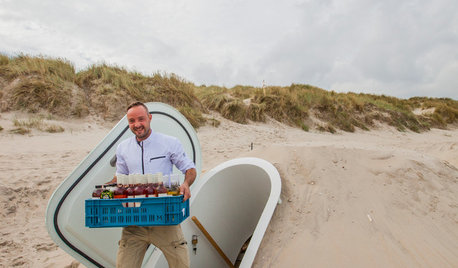
GREEN BUILDINGThe Big Freeze: Inventors Break New Ground to Keep Things Cool
Old-fashioned fridges can be energy guzzlers, but there are more eco-friendly ways of keeping food fresh, as these global innovations show
Full Story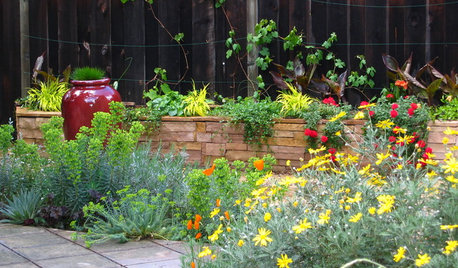
SUMMER GARDENINGHouzz Call: Please Show Us Your Summer Garden!
Share pictures of your home and yard this summer — we’d love to feature them in an upcoming story
Full Story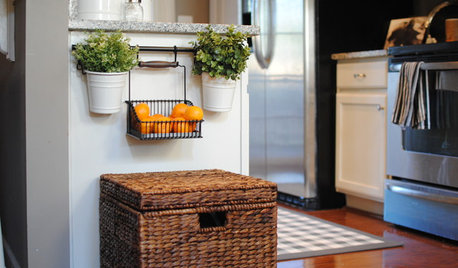
Fruit Displays Sweeten Summer Interiors
Eating the rainbow takes on a new meaning in these seasonally inspired fresh fruit accents
Full Story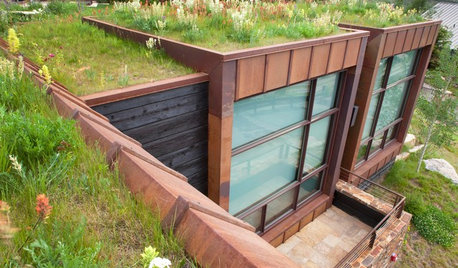
GREEN BUILDING6 Green-Roof Myths, Busted
Leaky, costly, a pain to maintain ... nope, nope and nope. Get the truth about living roofs and see examples from simple to elaborate
Full Story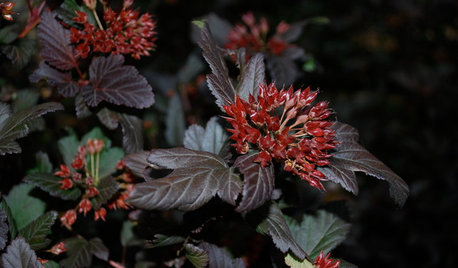
LANDSCAPE DESIGNGreat Design Plant: Sun-Loving Ninebark Puts on a Color Show
This tall, dark and handsome native shrub is equally at home in jeans and boots or in a suit and tie
Full Story
HEALTHY HOMEGet Cleaner Indoor Air Without Opening a Window
Mechanical ventilation can actually be better for your home than the natural kind. Find out the whys and hows here
Full Story
ARCHITECTUREAre Vaulted Ceilings Right for Your Next Home?
See the pros and cons of choosing soaring ceilings for rooms large and small
Full Story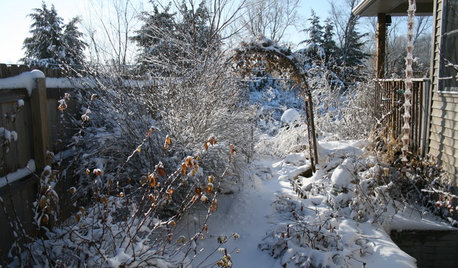
LIFE6 Ways to Beat the Winter Blahs
Snow and dark days dampening your spirits? These ideas will have you looking on the bright side
Full Story





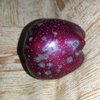
scaper_austin
fabaceae_native
Related Professionals
Reading Landscape Architects & Landscape Designers · Bridgeport Landscape Contractors · Cordele Landscape Contractors · Eagle Landscape Contractors · Fishers Landscape Contractors · Fort Payne Landscape Contractors · Huntington Landscape Contractors · Rancho Santa Margarita Landscape Contractors · Roswell Landscape Contractors · San Carlos Park Landscape Contractors · Tehachapi Landscape Contractors · Weymouth Landscape Contractors · Whittier Landscape Contractors · Wilsonville Landscape Contractors · New Carrollton Landscape Contractorscole_robbieOriginal Author
fruitnut Z7 4500ft SW TX
cole_robbieOriginal Author
fruitnut Z7 4500ft SW TX
cole_robbieOriginal Author